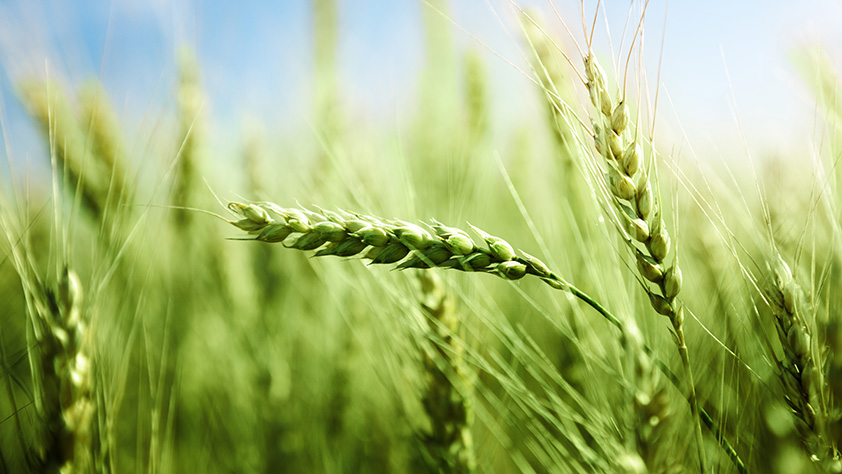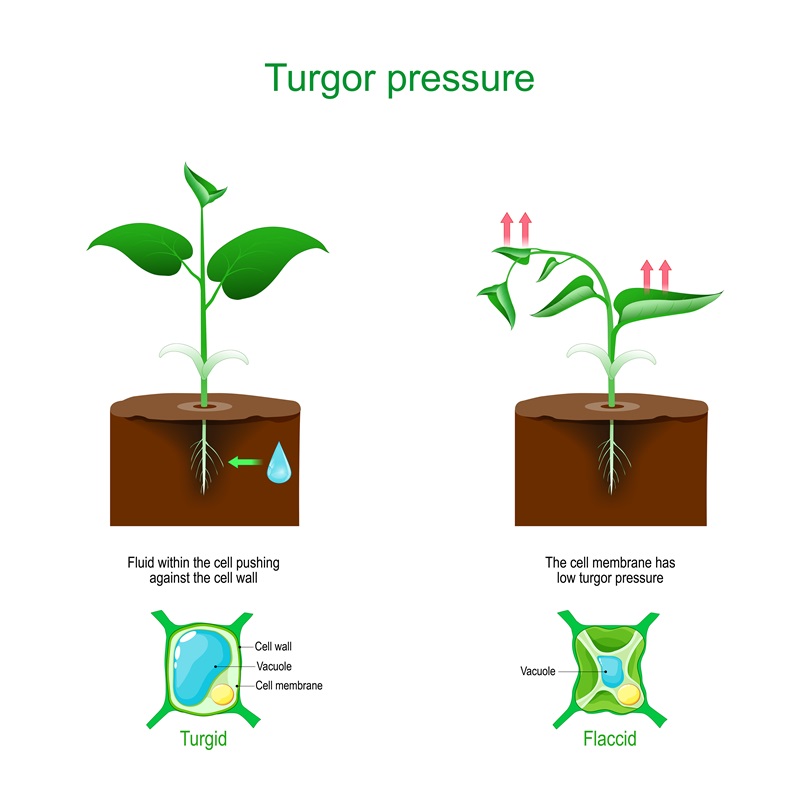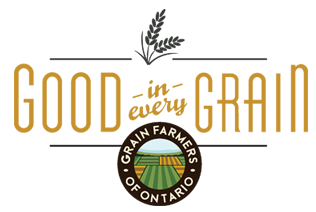Three essential nutrients: Potassium

There are many different aspects of grain farming that need to be balanced correctly to grow strong and healthy Ontario grains. Just like you or I, grains need a variety of nutrients to help them grow from planting to harvest. There are three nutrients that are primary macronutrients, and these nutrients are required in large amounts by the grains. These nutrients are known as nitrogen, phosphorus, and potassium, or N, P, and K.
K stands for potassium, and it is the third of the three primary macronutrients. It has a variety of important jobs within grains, so it is key that there is always enough potassium available. Read more to find out why potassium plays a significant role in growing Ontario grains.
Drought resistance
Potassium is key for the grains to withstand a dry growing season with drought-like conditions – when we have a dry summer, and the plants aren’t getting as much rain as needed. For context, when grains experience conditions with little to no water, it is really important for them to hold on to as much water as possible for as long as possible. Ideally, we want our plants to hold on to the water until they are exposed to rain again. Potassium helps the grains control their turgor pressure, which is the pressure inside the cell wall that comes from the movement of water stored inside the plant cells. This happens by moving the water around within the plant to keep it turgid, which essentially means swollen. When plants lose their turgidity, they start to wilt. By being “swollen” and hanging onto water, the grains can adsorb more water, ultimately decreasing the risks of being too dry.

Root growth
Lodging can occur to grain crops as they grow, and it is a challenge for grain farmers. Lodging is when the stems bend or fall over at about ground level. As the stems fall over, the entire part of the plant (like the wheat stalk and head) will be laying either on the ground, on top of the other lodged plants, or very close to the ground. Lodging can present many problems with the quality of the grain plants (heavy plants laying on top of each other can spread disease) and some logistic problems. Combines are not able to harvest or collect grain plants efficiently when they are lying on the ground. This leads to on-farm waste of grains. Hail, rain, and wind are three weather systems that may increase the risk for lodging, as well as a variety of other factors like poor nutrition and plant genetics. When grains grow strong roots, they can help prevent severe falling over, which may lead to lodging.
This is where potassium can help. Having enough potassium in grains can help to strengthen the roots when weather conditions are not great. Roots are the foundation of any plant, especially when it comes to standing upright and their ability to grow. When grains have strong roots that help keep them stable from the ground up, the chances of them lodging go down. Potassium and phosphorus encourage the grains to grow new healthy roots that are thick and strong while also strengthening already existing roots.



